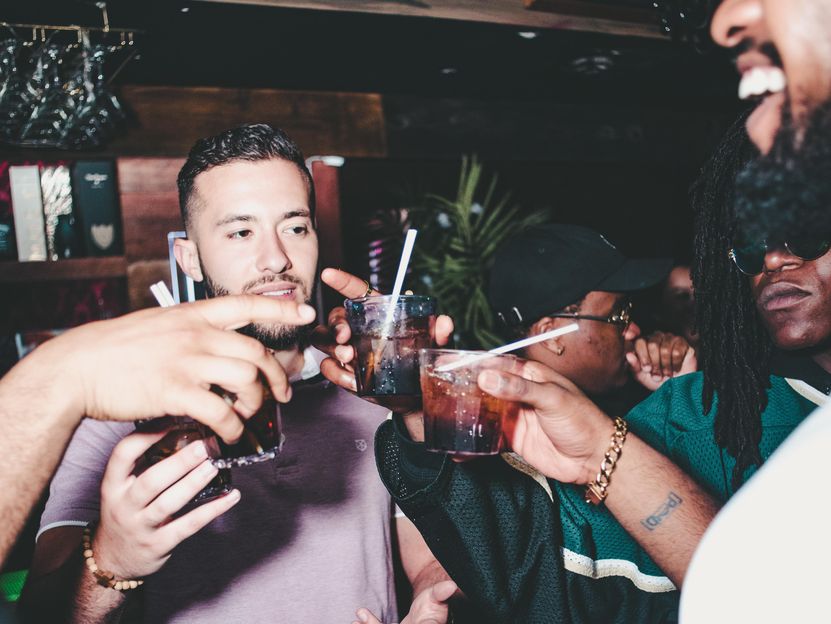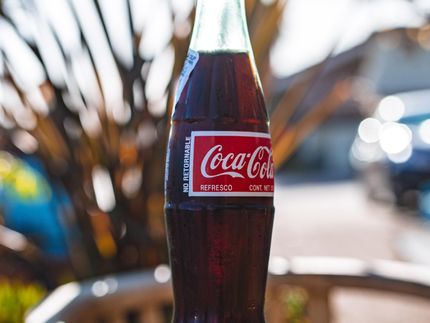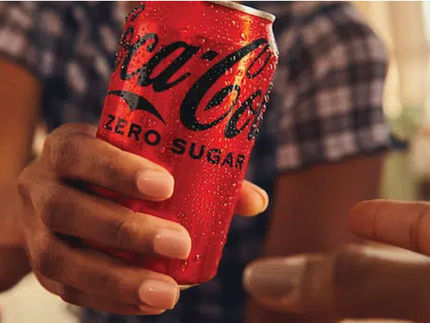Coke and Pepsi go hard with new RTD alcoholic drinks
Advertisement
The first glass of Coca-Cola was sold in 1886 and for 135 years The Coca-Cola Company exclusively sold non-alcoholic beverages in the US. Coke broke its history of teetotalism in 2021 with the launch of Topo Chico Hard Seltzer (produced in partnership with Molson Coors) which quickly gained market share amongst the sea of hard seltzer competitors. Following its release of Topo Chico Hard Seltzer, Coca-Cola has since announced the 2022 launch of Fresca Mixed (produced in partnership with Constellation Brands), Coca-Cola’s first spirit-based alcoholic beverage, and Simply Spiked (produced in partnership with Molson Coors), a ready-to-drink (RTD) alcoholic lemonade.

Photo by John Arano on Unsplash
Coca-Cola’s unveiling of two new alcoholic beverages followed PepsiCo’s announcement that it would launch its first alcoholic beverage, Hard Mtn Dew (produced in partnership with Boston Brewing Company) roughly slated for a late February/early March 2022 release. PepsiCo also filed a trademark application indicating the company plans to produce alcoholic beverages under the Rockstar brand.
Coke and Pepsi’s rivalry will soon extend into liquor stores and the companies’ launch of alcoholic drinks after over 100 years of exclusively producing non-alcoholic beverages portends wider changes in the alcoholic beverage industry.
Brand equity elevates products in the hyper-competitive RTD alcoholic beverage market
Coke and Pepsi are hoping to strike gold within the rapidly expanding RTD alcoholic beverage market. Total volume sales of FMBs (flavored malt beverages) increased an estimated 364% from 2016 to 2021 while volume sales of RTD spirit-based cocktails increased 226% making each respective beverage type some of the fastest growing segments of the entire alcoholic beverage industry.
The RTD alcoholic beverage market may be white hot but a flurry of new product launches, particularly hard seltzers, cranked up the competition and made it increasingly difficult to grab consumers’ attention. Coke and Pepsi’s new RTD alcoholic brands have an immediate competitive advantage over other RTD products due to an existing consumer base and brand familiarity. Consumers, especially now during this period of high inflation, want to spend money on drinks they know they will enjoy; launching RTD alcoholic beverages under an existing brand name offers consumers a layer of trust and familiarity. 26% of consumers cite “well known brand” as important when purchasing a RTD alcoholic beverage.
All occasions all of the time
Coke and Pepsi dominate non-alcoholic beverage occasions and were long satisfied with their products only acting as mixers with alcoholic beverages; a third of CSD (carbonated soft drink) consumers mix CSDs with alcohol. However, the CSD market is one with relatively few growth opportunities and the inclusion of alcohol allows for Pepsi and Coke to propel existing brands into exciting new consumption occasions.
According to Mintel Trend, Extend My Brand, companies are bringing brands into new categories in order to drive sales and potentially introduce the brand to new consumers. For instance, PepsiCo’s Hard Mtn. Dew harnesses the spending power of an existing base of dedicated consumers. Coca-Cola’s Fresca Mixed brings attention to a fast-growing yet relatively small brand in Coke’s CSD portfolio while Simply Spiked adultifies the nation’s top selling juice brand.
Brewers flex their expertise and gain a bulwark against beer’s decline
The introduction of new alcoholic versions of non-alcoholic brands also represents the shifting business strategy of the largest brewers. Beer is quickly losing market share to spirits and leading beer companies (eg Molson Coors, Anheuser-Busch) are diversifying their beverage offerings. Partnering with The Coca-Cola Company and PepsiCo allows brewers to leverage their expertise navigating the complex three-tier distribution system and offers opportunities to increase their product offerings within the fast-growing RTD alcoholic beverage segment.
Key takeaways
Coke and Pepsi are leveraging brand equity to gain a foothold in the expanding RTD alcoholic beverage segment. Expect more crossover and collaboration between brewers and non-alcoholic beverage companies as more consumers shift away from beer and towards RTDs and spirit-based drinks.
























































